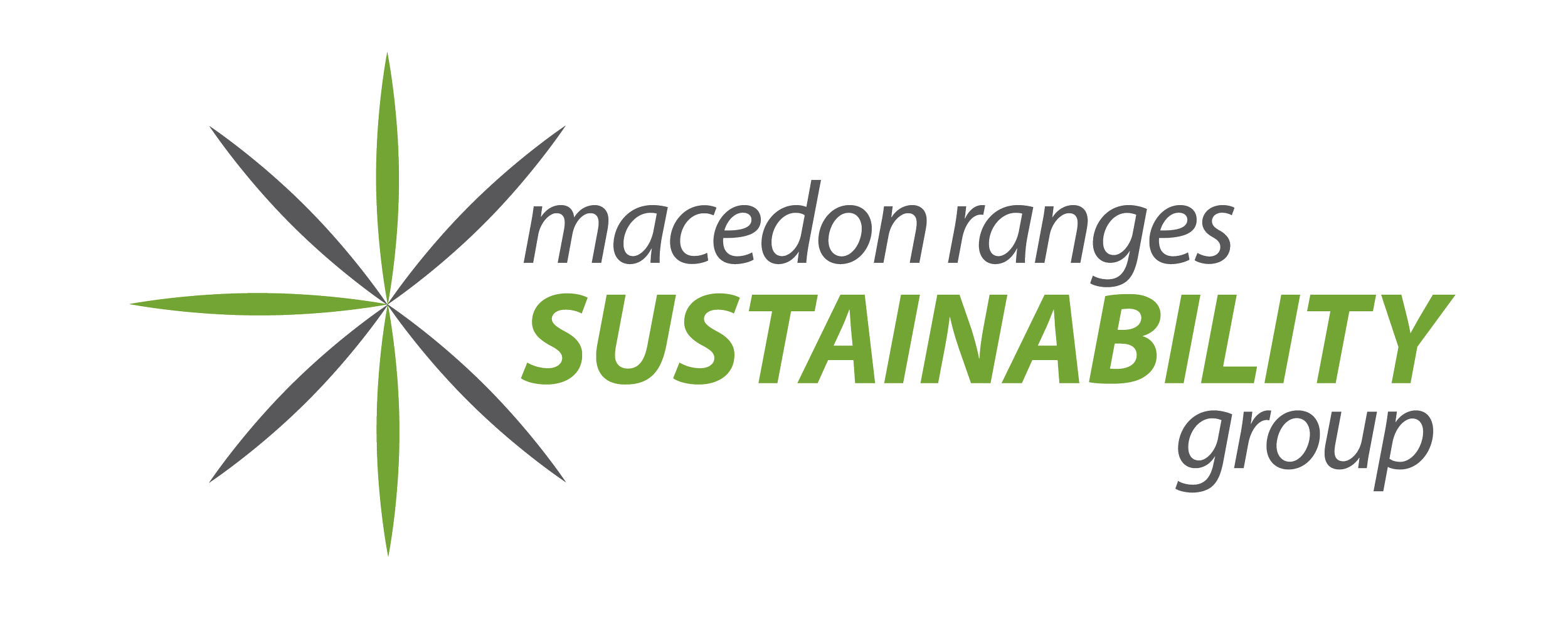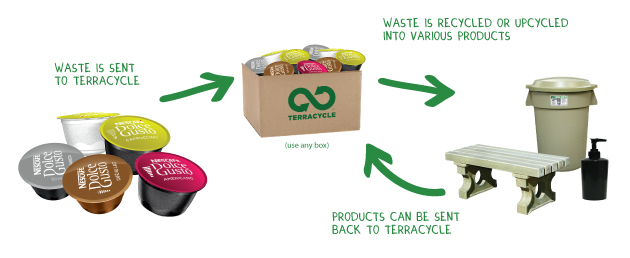Waste Not, Want Not - What next for waste in Australia?
A year ago, Australians had a rude awakening when China’s ban on 24 types of recycled waste came into sudden effect. As the crisis unfolded, we were forced to confront the truth and consequences of our consumption habits. Since January 2018, councils across the country have renegotiated their recycling contracts, and the industry is working towards getting a cleaner recycling product from our contaminated co-mingled waste. So far, an estimated 1.3 million tonnes of Australia’s recyclable waste has been affected by the China ban. With Malaysia issuing a similar ban this year, it is clear there are no quick fixes to this enormous problem. For too long Australia, like other wealthy nations, has been complacent about waste. While we could have been developing and investing in cradle to cradle production, and legislating to ensure manufacturers take responsibility for packaging disposal and product care, we are now flailing in a mess of our own making.
Read the National Waste Report here:
So, what can we do about waste in the Macedon Ranges? Well, for one thing, we can ensure we do right by our rubbish. Putting the correct items into the correct bins in the correct way, makes a huge difference to how much waste can actually be recycled, and saves tonnes of waste going to landfill unnecessarily. The Loddon Mallee Waste and Resource Recovery Group has developed an app to help residents manage their waste: https://lmwrrg.vic.gov.au/loddon-mallee-waste-info-app/
Not only does this app tell you what bins to put out each week, with reminders - great for those of us who can’t keep track - it also has a comprehensive materials list linked to each council so you can be assured you are getting the correct information for your council’s waste management (each council has slightly different waste management, depending on their contractors). There are also great sections on Recycling Myths, Tips and FAQs.
Other local initiatives are taking off, such as recycling with Terracycle at the monthly Woodend Farmers Market. Terracycle is a global social enterprise that focuses on niche recycling and resource recovery.
Current items you can collect and bring to the market are:
Household batteries
Contact lenses – soft & hard lenses, and daily disposables
Disposable contact lens blister packs
Plastic toothbrushes
Dental floss containers
Toothpaste tubes
Cosmetics packaging
Coffee pods for these brands:
Nespresso
Nestle Dolce Gusto
L’Or
Turning coffee pods into furniture with Terracycle.
Get in the Bin
There are now more ways than ever to properly dispose of your rubbish. You can drop off batteries to council collection boxes at the library, along with printer ink cartridges and old mobile phones. E-Waste, including cables, old phones, TVs, DVDs and CDs can be taken to the transfer station for free. Clothing and objects that are unbroken, clean and reusable can be taken to the Op Shop. Macedon Ranges Shire Council recently introduced the inclusion of fruit and veggie scraps into green kerbside bins, reducing food waste to landfill.
In addition to the three kerbside bins for garden waste, recycling and landfill, many people have added the collection of soft plastics for Redcycle, and drop these in bins at Coles or Woolworths. Bit by bit, these small recycling efforts add up to less toxic and unnecessary waste heading to the big hole in the ground, or worse, being dumped into our environment. Indeed, if we do not change our wasteful ways, we face more toxic stockpile fires, high volumes of methane released into the atmosphere, and more plastic litter entering our water sources and finding its way to the ocean.
You can now put vegetable and fruit scraps in the green bin.
However, the hard truth is that making time to properly compartmentalise and dispose of waste is challenging. It still requires complex mental processing to discern different types of plastic packaging and decide whether it can be put into yellow council bins or taken to Redcycle - can you scrunch it or does it bounce back into shape? Is it listed on the Redcycle website or does it have a number in a triangle? Is it made of black plastic? Can you recycle black plastic? Is it actually polystyrene? Is polystyrene the same as plastic? - And on it goes until you have spent 30 minutes pondering a single piece of rubbish. Small wonder most packaging just gets tossed.
Litter collected from one street in Woodend, November 2018.
Having participated in a recent audit of waste in the Macedon Ranges (yes, the stinky, gross, picking over rubbish part), it was clear to me that many people have a hopeful or wishful approach to recycling. Things that were once needed and valued are being put into the recycling bins with the apparent hope that someone might make use of it. I saw the heaps of discarded clothing, shoes, teddy bears, toys, household appliances, crockery and pet beds that had been tossed into the recycling bins. Some might be discouraged by this, but I believe this is an opportunity to help us change these throw-away habits.
Borrowing from the Neighbours:
Bins at a public park in North Island, NZ.
We’re so used to living with an attitude of “having it all”, that we seem to have forgotten how we managed in thriftier times. Borrowing from the neighbours, repairing broken items, sharing our excess and collective ownership of community assets are all old ideas now popular again. Australia could do with borrowing more than just a cup of sugar from our neighbours across the Tasman. The Kiwis were in the same boat as Australia when the China crisis hit, and are taking their response to waste seriously. In October 2018, New Zealand signed an international declaration to cut plastic waste from the economy and the environment by 2025. This bold step will see our neighbours committing to an ambitious target to build a circular economy where plastics are a valuable resource rather than waste. Needless to say, Australia is not a signatory to this declaration. From public recycling stations to local councils setting zero waste targets, the Kiwis are streets ahead of us. Even down to introducing simple initiatives like lid clips for yellow recycling bins in windy Wellington to prevent plastic littering. Something we could use in the Macedon Ranges, as anyone whose bins have been opened by crows or blown over in our changeable weather will understand.
So will 2019 be the year that we say farewell to balloons at parties? That we break up with plastic cutlery and cups and carry our own? Will we remember that the vast majority of us are able sip our drinks without using a plastic straw? Can we finally master the complexity of separated recycling? Waste is not just about rubbish: in a fragile global economy threatened by broken trade agreements, Brexit and Trumponomics, it no longer makes sense to buy things just to throw them away. Saving waste is also a way to save money, something our penny-pinching post-war forebears knew well. Waste not, want not is an encouragement to value our resources, protect our environment and find happiness with the idea of enough.





